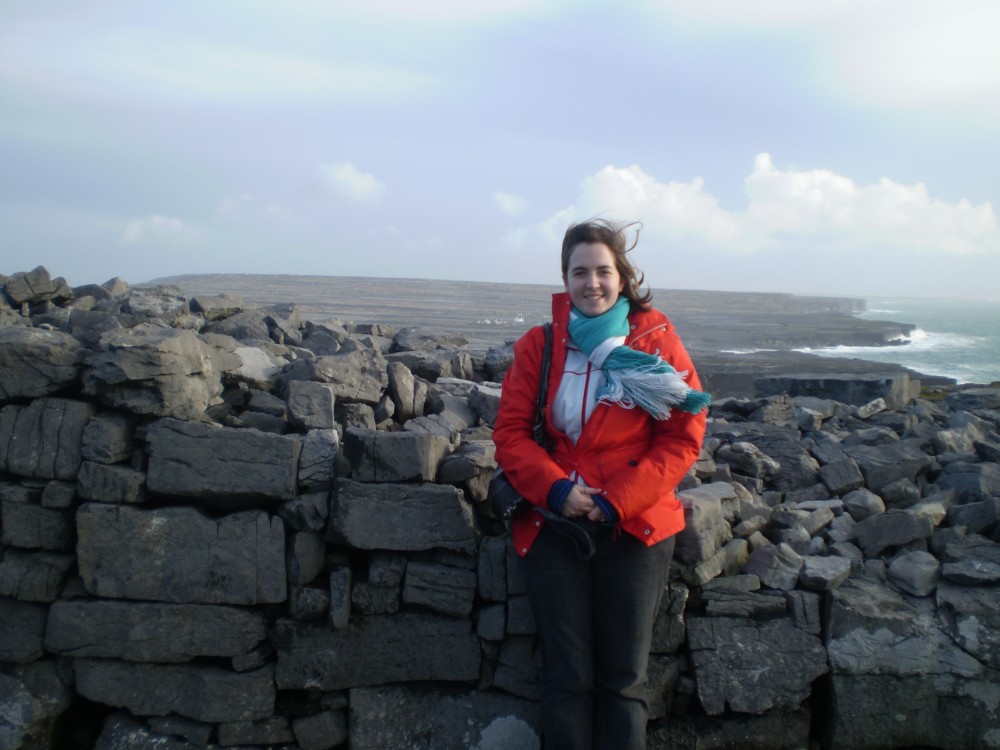Reconstructing the past to predict the future
Every time rain falls it captures a little bit of history. Standing as magnificent remnants of Indonesia's monsoonal past, PhD student at the Research School of Earth Sciences, Claire Krause studies stalagmites from the caves of Sulawesi.
"We're using proxy information to interpret what the climate was like over the last 40,000 years," says Krause. Growing over millennia, a new layer of stalagmite forms when rain drips from the ceiling of underground caves. "What we then do is drill each layer and analyse the isotopes in the powdered samples and that tells us what the rainfall has been like in the past," she explains.
Just over a year into her studies, Krause has already made some fascinating discoveries. From stalagmites originating in the tropical pacific, Krause can identify the influence of climatic activity from half way around the world. "In the North Atlantic, sometimes you get what is called a Heinrich event, which is when glaciers that sit near Greenland and over Canada get too big and start to shelve off icebergs. These icebergs melt and change the properties of the ocean so that the circulation in the ocean changes and that has flow on effects for the rest of the climate. It just shows that the climate is so interconnected and you don't have to be anywhere near where an event happens for it to be impacting somewhere else," she remarks.
As part of her PhD research, Krause aims to model her findings. "We are taking past climate data and putting it into the model to see if we can get the model to reproduce the conditions that we know existed in the past from this proxy data. And if the model's capable of recreating conditions that we know exist, then we can be more confident that its predictions for conditions that we don't know are going to be a bit more robust," explains Krause. In order to predict how climate will change under future scenarios, we first need to be able to reconstruct the past.


